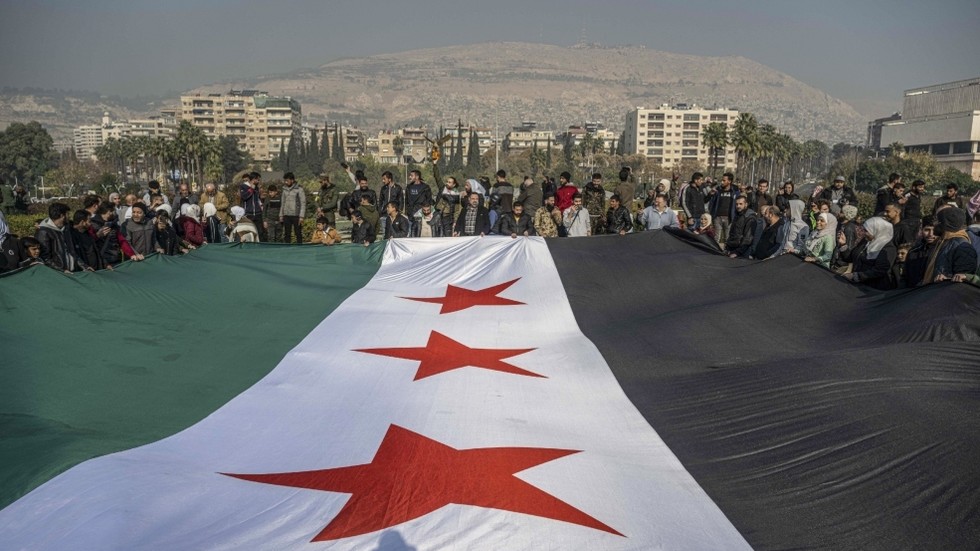In a significant development for Syria’s political landscape, the newly appointed caretaker Prime Minister, Mohammed al-Bashir, has stated that his government will remain in power until March 1, 2025, when a permanent cabinet is expected to be formed. Al-Bashir, who previously led the government of Hayat Tahrir al-Sham (HTS) in Idlib, was appointed following a coalition of opposition groups successfully ousting longtime President Bashar Assad. In his inaugural interview, al-Bashir emphasized the importance of stability, stating that the immediate focus will be on laying the groundwork for a constitutional system to effectively govern and serve the Syrian populace.
Al-Bashir’s rise to power came after crucial discussions with HTS leader Abu Mohammad al-Julani and former Prime Minister Mohammad al-Jalali, highlighting a significant shift in governance as ministers from the anti-Assad HTS-led government moved into Damascus. Reports indicate that the previous regime’s security apparatus is set to be dismantled and that existing anti-terrorism laws will be overhauled. The newly formed administration will prioritize security reforms and enhance public services, aiming to stabilize the region and address the immediate needs of the population.
Despite the commitment to protect Syria’s religious minorities, there remains apprehension regarding HTS due to its historical connections to Al-Qaeda and accusations of past war atrocities. As a designated terrorist organization by both the UN and the US, HTS’s involvement in governance raises concerns on the international stage. The US administration, under outgoing President Joe Biden, has acknowledged that while some groups played a part in the removal of Assad, they have a troubling record of human rights violations themselves. Such scrutiny suggests that the new government will be closely monitored by international observers.
The Turkish government has also expressed its stance on the situation, with Foreign Minister Hakan Fidan advocating for a unity government in Syria. He urged the new authorities to foster an inclusive approach that accommodates all domestic parties, underscoring the importance of a cohesive governance structure. Turkey’s role is particularly significant, given its involvement in supporting rebel factions and its geographic proximity, both impacting regional stability and the broader implications for international relations in the area.
As the new government steps into its role, challenges lie ahead in establishing legitimacy and ensuring public trust while navigating the delicate political dynamics that have characterized the Syrian conflict for over a decade. Al-Bashir’s administration must tread carefully to reconcile differing factions within Syria while addressing the urgent needs of a war-torn society that wrestles with economic instability and humanitarian crises resulting from years of conflict. The new leadership will have to balance the demands of a diverse populace, all while being mindful of their controversial affiliations and the skeptical gaze of the international community.
As the Syrian populace looks forward to a more stable environment, the al-Bashir government’s commitment to transitioning towards a constitutional framework represents a pivotal moment in the nation’s turbulent saga. The success of this transitional phase depends heavily on the ability of the new administration to implement meaningful reforms, foster cooperation among varying factions, and uphold fundamental human rights for all citizens. The coming months leading up to March 2025 will be critical in shaping the future course for Syria, as global powers watch closely to see how the newly established governance navigates its promise versus the haunting shadows of its past affiliations.

